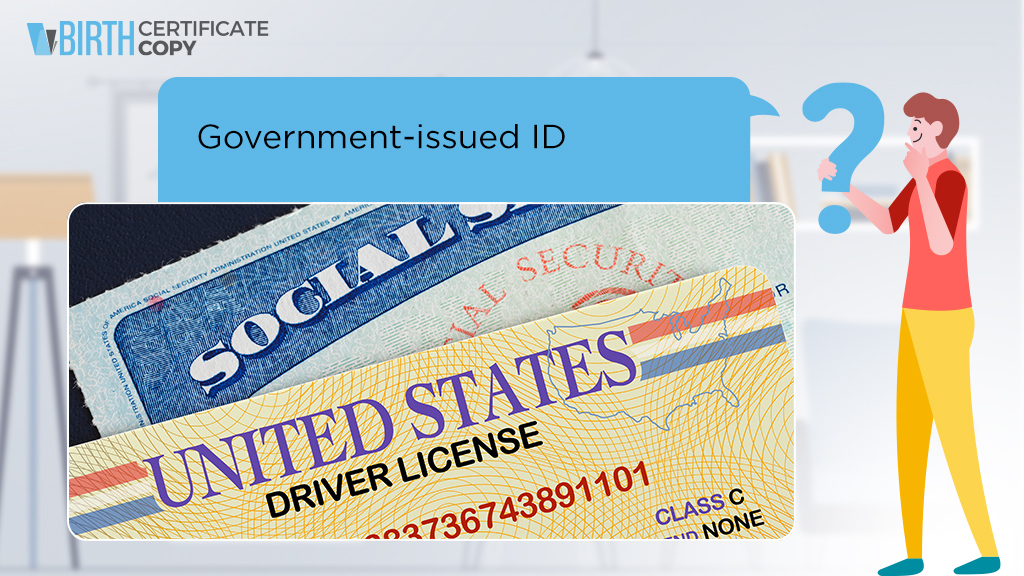Government-issued ID
A government-issued ID is an official identification document that is issued by a U.S. federal, state or local government entity. Government-issued IDs are considered to be valid forms of identification that citizens can use as proof of identity and/or citizenship.
Although most government-issued IDs are issued at the state level, they are legally valid and accepted throughout all 50 states, and in some cases, internationally. They typically include the ID holders:
- Photograph
- Full, legal name
- Date of birth
They may also contain an issuance and expiration date, as well as fingerprints or other biometric information.
While they can all be used to prove identity, different identification documents have different specific uses. For example, you must have a driver’s license in order to legally operate a vehicle, and you must have a passport to travel internationally.
What are the different types of government-issued IDs?
The U.S. does not have any federally mandated photo IDs. The only federally issued ID documents are the passport book and passport card, which are voluntary, and the Social Security card, which contains the citizen’s Social Security Number but does not include a photo.
Other government-issued IDs include:
- State-issued driver’s licenses
- State-issued photo IDs
- Military ID cards
- Citizenship and legal residency cards
A U.S. birth certificate is another non-photo form of ID and is usually the first government-issued ID document a citizen receives. Parents can apply for a birth certificate and Social Security Number for a newborn using a Certificate of Live Birth. Certified birth certificates can be used as proof of identity, age, and citizenship and are useful when applying for other forms of ID.

